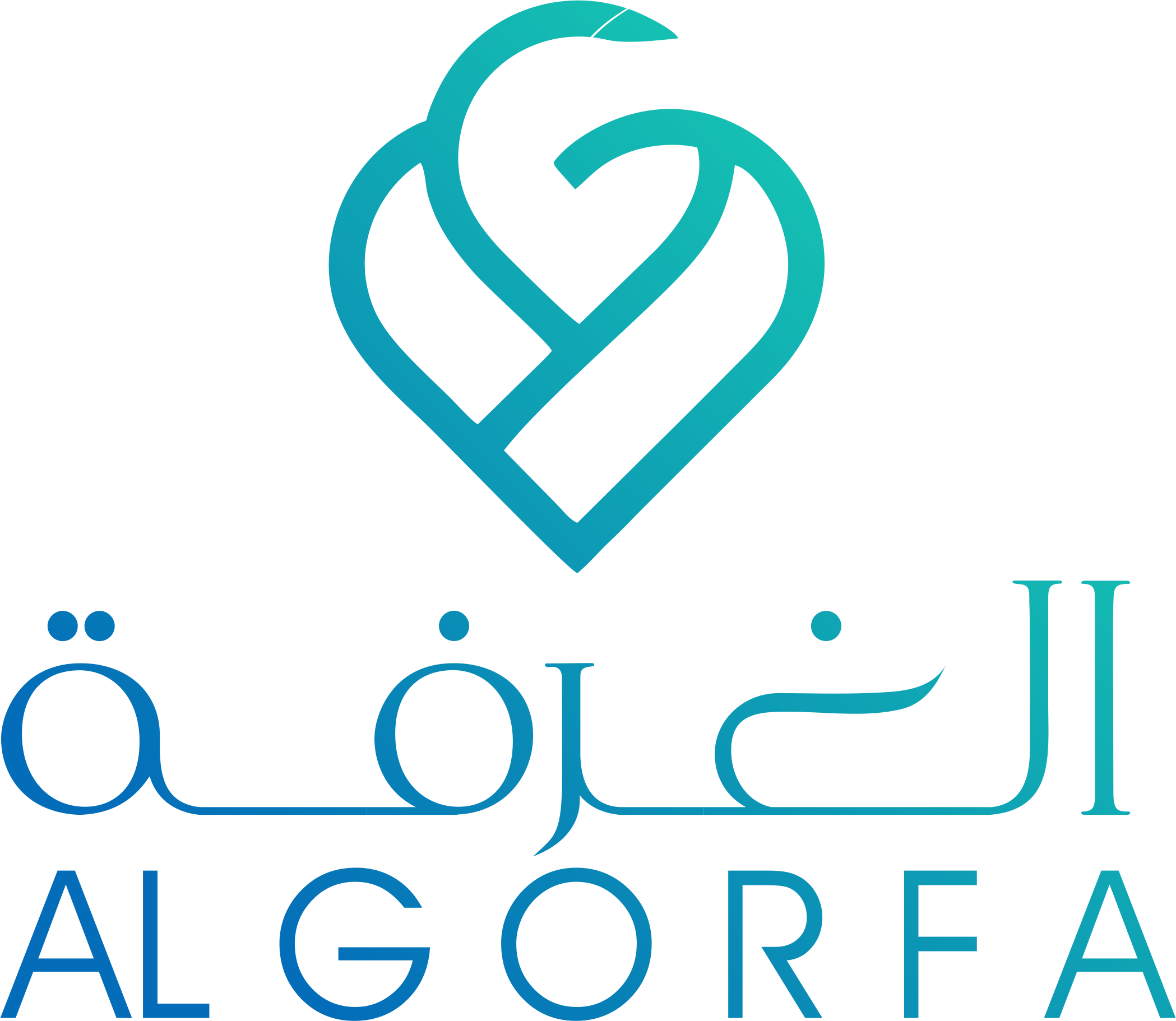The Signs of Problem Gambling: Recognizing When You Need Help
The allure of casinos and slot machines can be intoxicating, offering a sense of excitement and possibility with every spin or roll of the dice. For many, the experience is enjoyable and thrilling, a chance to relax and have some fun. However, for others, the thrill of gaming can quickly turn into an unhealthy obsession.
Problem gambling, also known as compulsive or pathological gambling, is characterized by a pattern of behavior that negatively affects a person’s life and relationships. While it’s difficult to pinpoint exactly what triggers problem gambling in individuals, research suggests that a combination of Super Elements factors contribute to its development, including genetics, environment, and mental health.
The Signs of Problem Gambling
Recognizing the signs of problem gambling can be challenging, especially for those who are experiencing it firsthand. However, being aware of the warning signs can help you identify when you or someone you know may need professional help.
- Preoccupation with gambling : Spending increasing amounts of time thinking about betting, planning bets, or recovering from losses.
- Need to gamble with greater amounts : Betting more and more money in order to achieve the same level of excitement or to recoup losses.
- Restlessness or irritability when attempting to cut down : Feeling anxious or restless when trying to reduce or stop gambling.
- Guilty feelings or shame : Feeling guilty or ashamed about betting habits, but unable to stop.
- Continued gambling despite negative consequences : Continuing to gamble even though it’s causing problems in relationships, work, or finances.
Hidden Signs of Problem Gambling
Some individuals may exhibit hidden signs that are less obvious than the ones mentioned above. For example:
- Hiding behavior : Concealing betting activities from family and friends.
- Deception : Lying about gambling habits to others.
- Borrowing money : Taking loans or selling items to fund gaming habits.
Recognizing Problem Gambling in Others
It can be difficult to identify problem gambling in someone else, but being aware of the signs can help you approach the situation with compassion and understanding. If you’re concerned about a friend or loved one’s betting habits, consider the following:
- Pay attention to changes : Note any changes in their behavior, such as increased spending or secrecy.
- Look for physical signs : Watch for signs of physical strain, such as weight loss or sleep deprivation.
What to Do If You Suspect Problem Gambling
If you suspect that you or someone else has a problem with gambling, there are steps you can take:
- Seek professional help : Consult with a therapist, counselor, or support group for guidance and resources.
- Join a support group : Connect with others who have experienced similar struggles through organizations like Gamblers Anonymous (GA).
- Consider therapy : Cognitive-behavioral therapy (CBT) has been shown to be effective in treating problem gambling.
Prevention is Key
While it’s never too late to seek help, prevention can play a significant role in maintaining healthy relationships with gaming activities. By understanding the signs of problem gambling and taking proactive steps to avoid unhealthy behaviors, you can enjoy gaming while minimizing the risk of developing an addiction.
For those who have already struggled with problem gambling, there is hope for recovery. With the right support and resources, it’s possible to overcome this challenge and lead a healthier, happier life.
